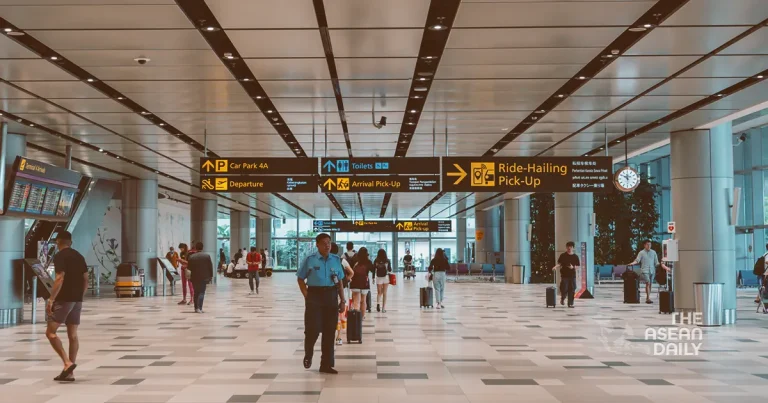25-8-2024 (SINGAPORE) Despite the recent surge of a more virulent strain of mpox in several African nations, Singapore has opted for a measured approach to border control, eschewing mandatory quarantine for travellers from affected regions. Health authorities have instead implemented enhanced screening procedures and emphasised personal responsibility in managing the potential spread of the virus.
The decision comes as the Democratic Republic of Congo (DRC) and neighbouring countries grapple with the rapid proliferation of the clade Ib strain of mpox, formerly known as monkeypox. This variant is considered potentially more lethal than its predecessors, raising concerns in the global health community.
Professor Dale Fisher of the National University of Singapore’s Yong Loo Lin School of Medicine explained the rationale behind the current policy: “Mpox doesn’t seem to spread through casual community contact as Covid-19 did.” He added that quarantine measures are unnecessary at this juncture unless individuals have had direct contact with suspected mpox cases or engaged in high-risk behaviours.
The Ministry of Health (MOH) has implemented a multi-faceted approach to mitigate the risk of mpox importation. All travellers are now required to report any mpox-related symptoms and relevant travel history on the SG Arrival Card. Additionally, enhanced surveillance measures have been introduced at air and sea checkpoints, including temperature and visual screening for inbound travellers from areas potentially exposed to mpox outbreaks.
Dr Barnaby Young, an associate professor at Nanyang Technological University’s Lee Kong Chian School of Medicine, offered reassurance: “While there are concerning features about the current mpox outbreak, mpox transmission is mainly through close, direct contact with infected individuals, which travellers can avoid.”
The situation underscores the need for tailored responses to different infectious diseases. Dr David Teo, regional medical director for Asia at International SOS, highlighted that while lessons from previous outbreaks like SARS and Covid-19 provide a foundation, strategies must be adapted to address the unique characteristics of mpox transmission.
Singapore’s approach aligns with the World Health Organization’s recent declaration of mpox as a global public health emergency, while also acknowledging that it does not pose the same level of threat as Covid-19. As of 22 August, Singapore has reported 13 confirmed cases of mpox in 2024, all of the less severe clade II strain.
Health advisories at Changi and Seletar airports serve to remind travellers of necessary precautions, and similar screening measures are in place at sea checkpoints for crew and passengers arriving from mpox-affected areas.
Professor Paul Tambyah, president of the International Society for Infectious Diseases, expressed confidence in public cooperation, stating that individuals potentially exposed to mpox are likely to voluntarily come forward for screening to protect their contacts.




